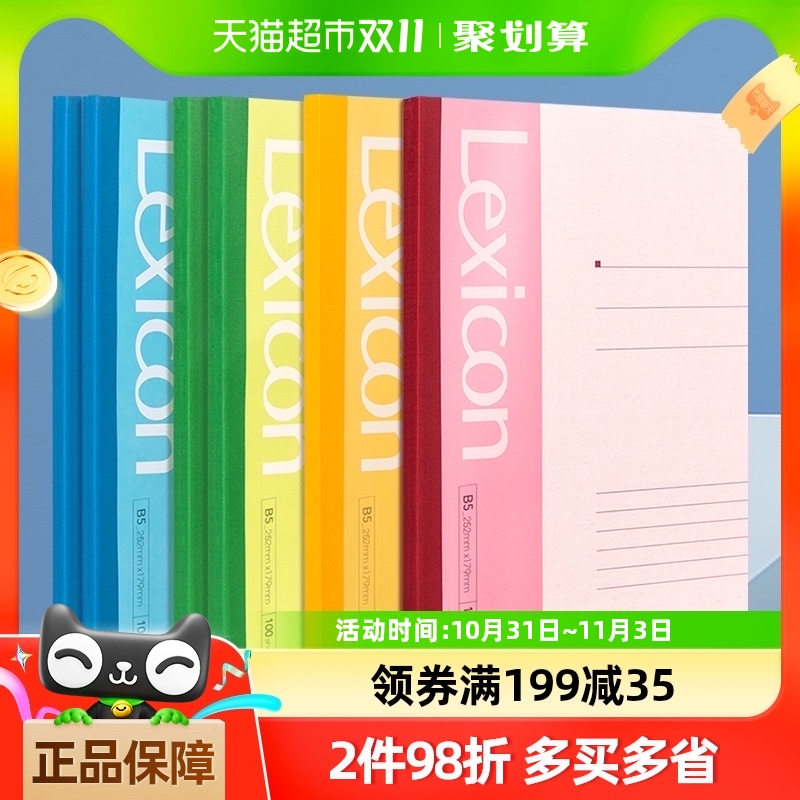"如何有效利用记事本提升效率?"
蜀犬吠日
2024-11-01 14:00:48
0次
如何有效利用记事本提升效率?
记事本是我们日常生活和工作中不可或缺的工具,它可以帮助我们记录重要事项、安排日程、提醒任务等。有效利用记事本,不仅可以提高我们的工作效率,还可以帮助我们更好地管理时间,减少遗忘和疏漏。下面是一些有效利用记事本来提升效率的方法。
一、分类记录
将不同类型的事项分类记录在记事本中,例如工作、生活、学习等。这样可以使我们更加清晰地了解自己的任务和日程安排,同时也能让我们更好地规划时间和精力。
二、设置优先级
对于记录在记事本中的任务,可以设置优先级。根据任务的紧急程度和重要性,将任务分为高、中、低三个等级。这样可以让我们更加清晰地了解哪些任务需要优先处理,避免因为处理不当而导致的延误或疏漏。
三、定期回顾
定期回顾记事本中的内容,例如每天或每周进行一次回顾。这样可以让我们及时了解自己的任务进度和日程安排,及时调整计划和安排,避免遗漏或延误。
四、使用电子记事本
现在市面上有很多电子记事本应用,如手机APP、电脑软件等。这些应用不仅可以方便地记录和提醒任务,还可以同步多个设备,方便我们在不同设备上查看和编辑记事本内容。使用电子记事本可以提高我们的效率和便利性。
五、与他人共享
如果需要与他人协作完成任务或共享日程安排,可以将记事本内容与他人共享。这样可以避免因为沟通不畅或信息不同步而导致的误解或延误。
六、简洁明了
在记事本中记录的内容要简洁明了,避免冗长和复杂的描述。这样可以让我们更快地了解任务内容和要求,提高工作效率。
以上是如何有效利用记事本提升效率的六个方法。接下来是这些方法的英文翻译:
How to Effectively Use a Notepad to Improve Efficiency?
The notepad is an indispensable tool in our daily lives and work. It can help us record important matters, arrange schedules, remind us of tasks, etc. Effectively utilizing the notepad can not only improve our work efficiency but also help us better manage our time and reduce forgetting and omissions. Below are six methods for effectively using a notepad to improve efficiency.
1. Classified Recording
Record different types of matters in the notepad, such as work, life, learning, etc. This can help us have a clearer understanding of our tasks and schedule arrangements, while also allowing us to better plan our time and energy. 2. Setting Priorities For tasks recorded in the notepad, set priorities. Based on the urgency and importance of the task, classify them into high, medium, and low levels. This can help us have a clearer understanding of which tasks need to be handled first, avoiding delays or omissions due to improper handling. 3. Regular Review Regularly review the content in the notepad, such as once a day or once a week. This can help us keep up with our task progress and schedule arrangements, adjust plans and arrangements in time, and avoid omissions or delays. 4. Using Electronic Notepads There are many electronic notepad applications on the market now, such as mobile phone apps and computer software. These applications can conveniently record and remind tasks, synchronize multiple devices, and facilitate us to view and edit notepad content on different devices. Using electronic notepads can improve our efficiency and convenience. 5. Sharing with OthersIf it is necessary to collaborate with others to complete tasks or share schedule arrangements, share the notepad content with others. This can avoid misunderstandings or delays due to poor communication or different information synchronization.
6. Being Brief and Clear The content recorded in the notepad should be brief and clear, avoiding lengthy and complex descriptions. This can help us quickly understand task content and requirements, improving work efficiency.相关内容
热门资讯
纸质与电子记事本:哪一种更适合...
纸质与电子记事本各有优势,传统手写适合追求触感与手写体验的人,电子记事本则便捷保存与整理,并具备多种...
传统与现代的结合:记事本使用指...
摘要:本文介绍传统与现代记事本使用方式,包括购买、记录、整理等技巧,强调定期清理、合理规划及保护隐私...
你的私人管家:记事本应用评测
记事本应用评测:多款应用各有特色,包括XX记事本、XX日历记事和XX语音记事本等。选择应基于个人需求...
智能记事本:科技助力,高效管理...
智能记事本融合先进科技,助用户高效管理时间和事务。其功能包括语音转录、日程管理、分类标签、提醒及跨平...
传统与现代:记事本的发展历程
记事本从传统纸质到现代电子、智能记事本,经历了不断变革。传统记事本便捷易携带,现代电子记事本可编辑、...
每日记事本:我的日常管理秘籍
每日记事本是我日常管理秘籍,助我规划任务、分类管理、反思调整并与他人沟通。它帮助我高效完成工作,节省...
回顾历史,探究记事本的文化变迁
记事本作为记录工具,历经文化变迁。从手写到电子化,记事本不仅实用,还承载文化与情感。现代记事本集记录...
记事本:从传统到现代的演变
记事本经历从纸质到数字化演变,现代记事本智能化、多样化,支持共享协作和环保理念。未来记事本将不断创新...
从纸质到电子:记事本的前世今生
记事本从纸质到电子,见证了人类文明与科技的进步。纸质记事本便携易用,电子记事本更便捷、智能。未来,电...
生活中的小确幸:记事本的多种用...
记事本不仅用于记录,还具有多种用途,如绘图、手工制作、书写心情日记和作为礼物赠送等。这些用途让记事本...



